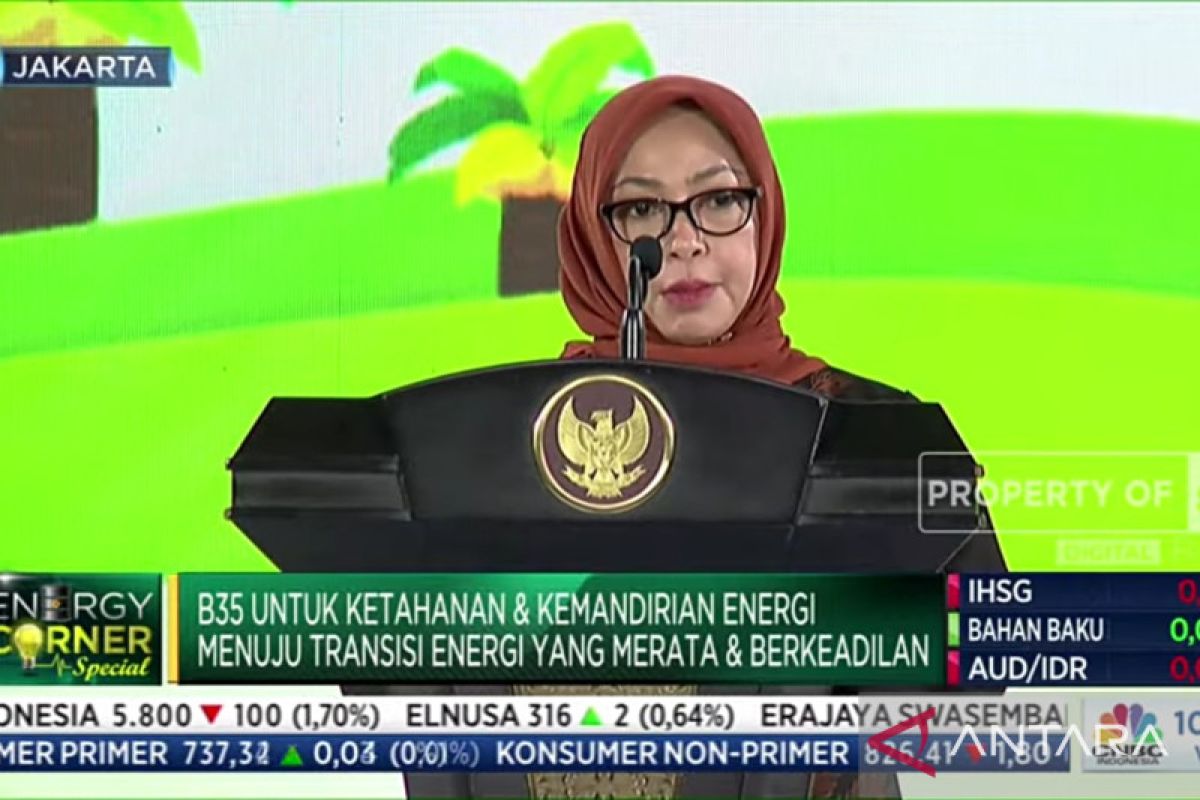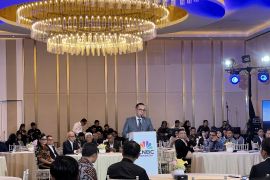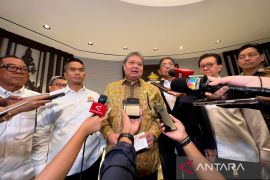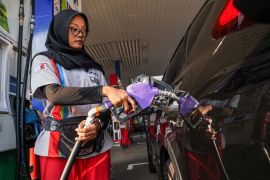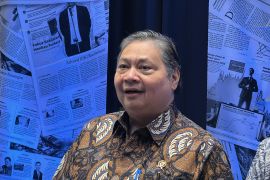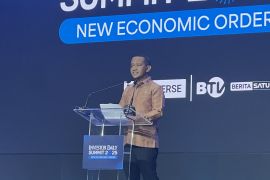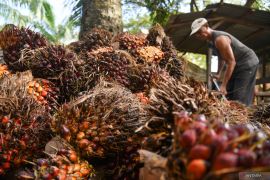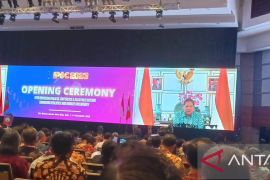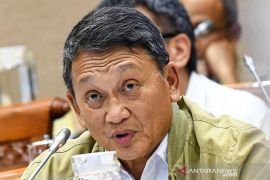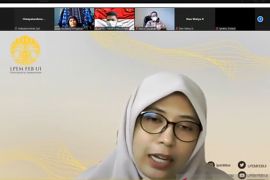Anywhere the diesel is distributed, B35 biodiesel should also be distributed in the area.Jakarta (ANTARA) - The mandatory Biodiesel 35 (B35) program is expected to distribute 13.15 million kiloliters of biodiesel this year, Deputy for Food and Agribusiness at the Coordinating Ministry for Economic Affairs Musdhalifah Machmud stated.
"(The preparation for) the implementation of the mandatory B35 (program) had been supported by good cooperation from all stakeholders, as reflected in the success of the trial (of the program) in 2022," Machmud remarked at the discussion on "B35 Implementation" here on Tuesday.
The deputy remarked that implementation of the program will begin on February 1, 2023.
The use of B35, which contains 35 percent palm oil-based biofuel and 65 percent diesel, is also expected to create several new jobs, the deputy stated.
In addition, she explained that implementation of the mandatory program aims to reduce greenhouse gas emissions and save Indonesia’s foreign exchange, as some of which were used to buy imported fuel.
"Anywhere the diesel is distributed, B35 biodiesel should also be distributed in the area," she emphasized.
The Coordinating Ministry for Economic Affairs, as Chair of the Steering Committee for the Palm Oil Plantation Fund Management Agency (BPDPKS), will continue to stabilize the prices of palm oil by developing and absorbing the production of smallholder palm oil plantations.
"Apart from collecting the export levies of palm oil products, we also manage the funds and channel them back to improve the (domestic) palm oil plantation industry," Machmud stated.
Currently, Indonesia has 16.3 million hectares of palm oil plantations, with 16 million workers in the industry.
The government targets that implementation of the B35 program can save up to US$10.75 billion, or equivalent to Rp161 trillion, in foreign exchange.
Implementation of the program is also expected to absorb 1.65 million new workers and reduce greenhouse gas emissions by 34.9 million tons of carbon dioxide equivalent.
According a statement published on the BPDPKS site, Indonesia has started to utilize B2.5, which contains 2.5 percent biofuel made from palm oil and 97.5 percent diesel, in 2008.
Thereafter, the blending percentage was increased to 10 percent, 15 percent, and 20 percent in 2014, 2015, and 2016, respectively.
Furthermore, the government implemented the B30 program in 2020. The blending of biodiesel is expected to continue to increase to 40 percent, 50 percent, and 100 percent.
Related news: Ministry sheds light on readiness, challenges of B35 implementation
Related news: Indonesia to stop fossil fuel imports by 2045: Pandjaitan
Related news: Biodiesel program encourages sustainable palm oil business: Ministry
Translator: Sanya Susanti, Uyu Liman
Editor: Sri Haryati
Copyright © ANTARA 2023
